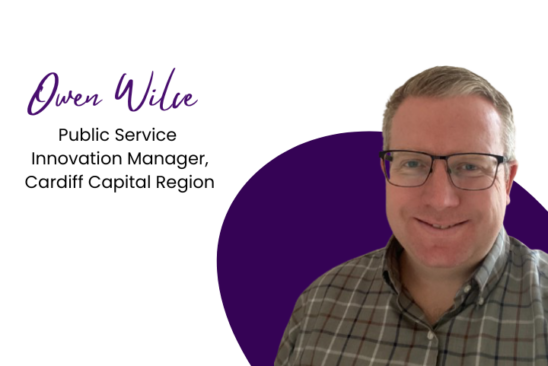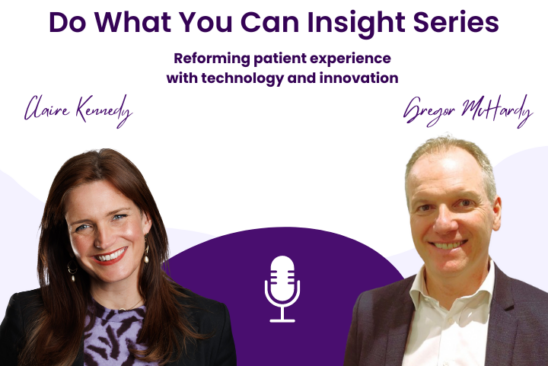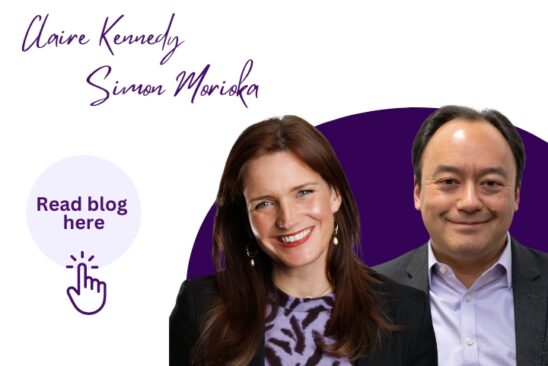By Anood Al-Samerai, Chief Executive, Community Southwark
The diversity, culture, and heritage of Southwark, where we and our member charities and community groups are based, is special, but it’s also complex and flawed.
Deep-rooted inequalities sit alongside great opportunities and creativity. Your life expectancy varies by ten years, depending on whether you live at the Tower Bridge end or the Peckham end of the 78-bus route. You are eight times more likely to experience food insecurity if you are from an ethnic minority. And the cost-of-living crisis has hit those with existing disabilities and mental illness the hardest.
And yet despite all these challenges, or even because of them, we have the most wonderful, committed, and creative Voluntary and Community Sector (VCS). People who give time and energy, and love and affection to helping their neighbours and communities.
Community Southwark has 1,044 member charities and community groups. They include gardening groups, mental health arts clubs, older people coffee mornings, refugee support and advice, and so much more. The common thread uniting all our members is public service, a determination that the borough can be better, and an understanding that the solutions to inequalities lie with communities themselves.
Last year we published a major piece of research with over 200 VCS groups in the borough.
This work sought to understand the challenges for the VCS in Southwark and, most importantly to suggest solutions. The theme that runs through the recommendations is the need to work in partnership and to be strategic. No-one has all the answers, and we need the private sector, statutory partners, faith organisations, philanthropic funders, charities, and community groups to come together to tackle the priorities identified in the report – funding, premises, and relationships.
Community Southwark has worked with PPL on projects like a community pub, warm spaces, and support for homeless refugees. So, it was no surprise when PPL’s founders, Claire and Simon, took the findings of our report and brought their trademark creativity and practical action to the situation.
They saw the urgent need for community groups and charities in Southwark to have access to good quality meeting and working space free of charge, and they created the PPL Hub. A 120 square metre working space in Southwark, available to charities and community groups free of charge. It felt so right that, as they celebrated PPL’s beautiful new office on Mill Street, they recognised that charities and community groups also needed space for their desks, meetings, events, and activities.
PPL understands that a business is part of a community. To give free space with open doors and warm hearts shouldn’t feel revolutionary, but it does. It is a model that says space shouldn’t just be about who can pay the most, and it says to the Voluntary and Community Sector: ‘You matter, the work you do matters, and it can’t be done without somewhere to do it.’
As well as the physical space at Mill Street, PPL are also helping us analyse the impact of a 12-month project to give groups direct support with finding space (an ‘estate agent’ for the Voluntary and Community Sector) and influencing council policies around affordable workspace, planning, and property. You can find out more here.
This is the start of a journey to explore the impact of space through community. I am certain it will have impact, and thanks to PPL we will be able to understand just how much.




